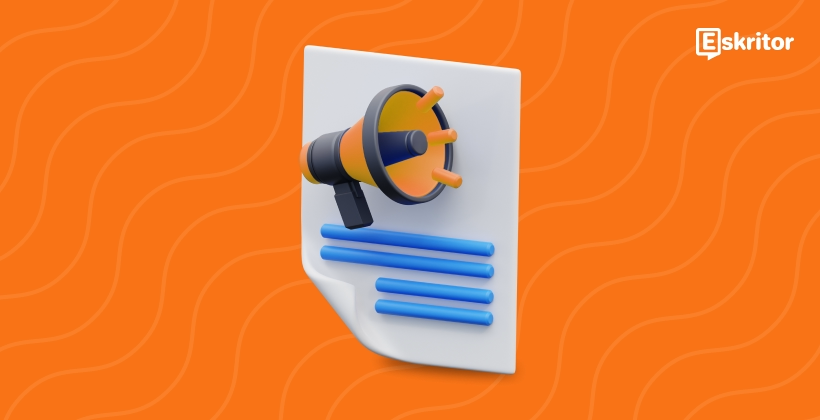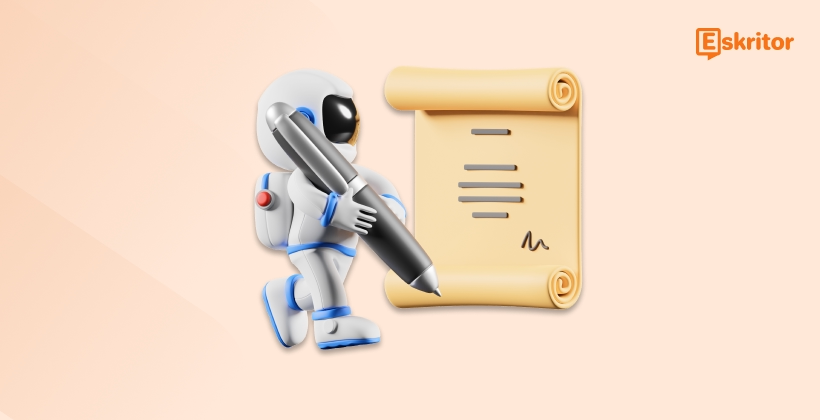AI Writing Tools vs. Human Writers – A Comparative Analysis
AI Writing Tools vs. Human Writers – A Comparative Analysis
Blog Article
Top AI Writing Tools to Boost Productivity
As synthetic intelligence (AI) evolves, it continues to revolutionize how we method contemporary modifying practices. From syntax correction instruments to sophisticated material era systems, AI writer is reshaping just how authors, writers, and creators refine their work. This website examines the position AI represents in contemporary modifying and the impact it's across industries.

AI-Powered Methods Primary the Charge
AI-powered methods have become an essential section of editing workflows. Computer software fueled by natural language handling (NLP) and equipment learning may do jobs like syntax checks, stylistic recommendations, and phrase restructuring with amazing pace and accuracy.
For example, AI-based syntax pieces can identify problems that the human eye may neglect, such as subject-verb deal issues or dropped modifiers. Equally, style innovations created by AI make sure that tone and movement align with the intended audience, which is important for skilled editors.
These instruments aren't just restricted to standard syntax corrections. They are capable of improving readability, transforming passive style to active voice, and even paraphrasing whole paragraphs without changing the meaning.
Effectiveness Meets Time Savings
Studies reveal that the usage of AI resources can reduce modifying time by as much as 30%. In place of poring over every phrase personally, editors may emphasis their initiatives on creative and proper elements of content. This shift enables professionals to manage higher quantities of text in shorter times, which can be specially valuable for industries like publishing and electronic marketing.
Furthermore, predictive AI functions may spotlight recurring mistakes, supporting writers enhance their abilities over time. For organizations, that means fewer assets allocated to changes and more polished components from the start.
Improving Supply and Globalization
AI's position in contemporary modifying runs beyond efficiency. Advanced interpretation and localization methods let builders to change material effortlessly for global audiences, wearing down language barriers with precision. This technology ensures that exactly the same message may resonate with cultures world wide while keeping its authenticity.
AI also improves inclusivity standards by improving availability in content. For example, methods can identify possibly non-inclusive language and recommend alternatives. This capacity enables authors to improve writing so it resonates with varied audiences.

Impressive a Stability Between AI and Individual Creativity
While AI excels in speed and precision, it does not change human editors. Products often absence the capacity to interpret nuance, sensation, or social situation fully. The best process includes AI's efficiency with human imagination and perception, leading to really exemplary work.
By leveraging these systems in contemporary editing techniques, designers and authors likewise may generate top quality material that aligns with the fast-paced requirements of today's electronic world. AI could be the future of modifying, nevertheless the individual touch will always be required for storytelling and connection. Report this page